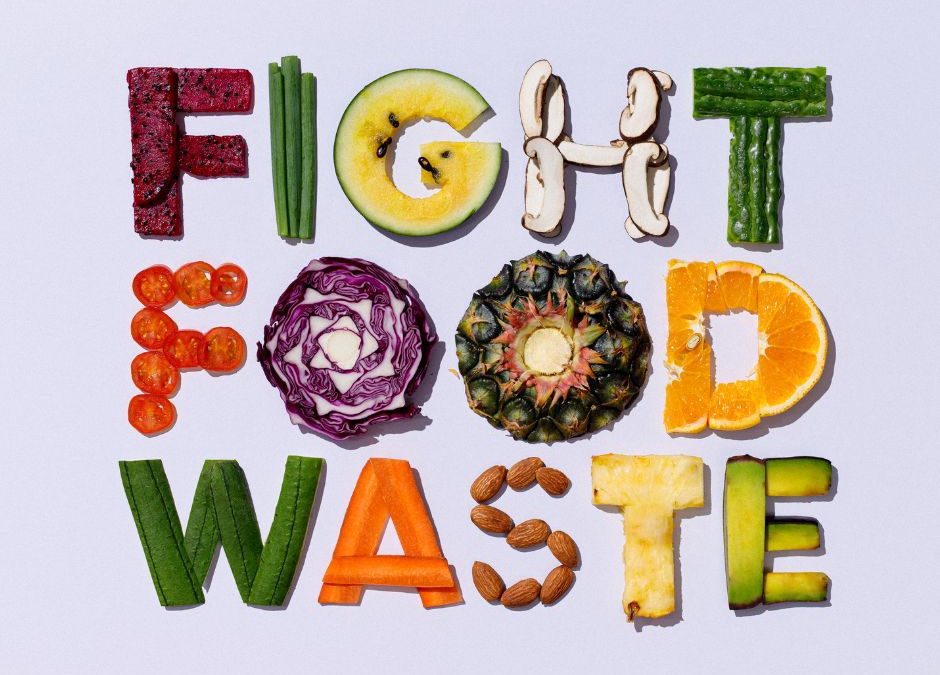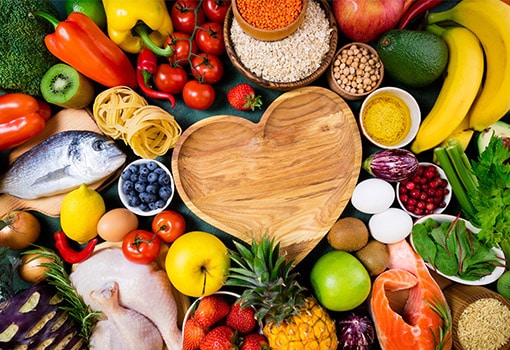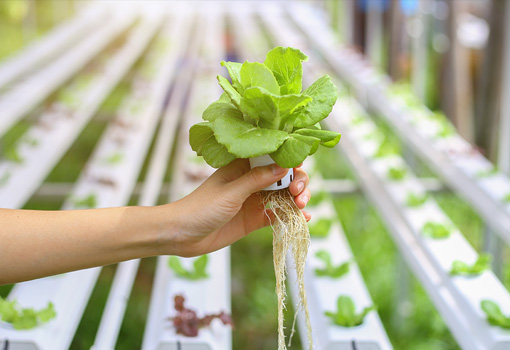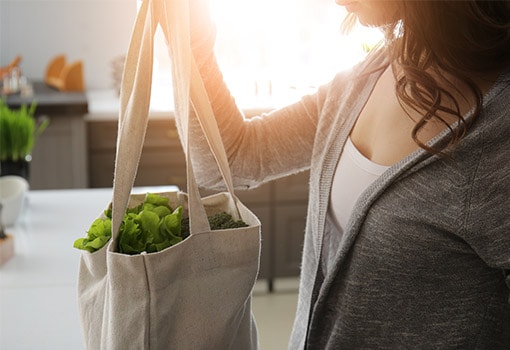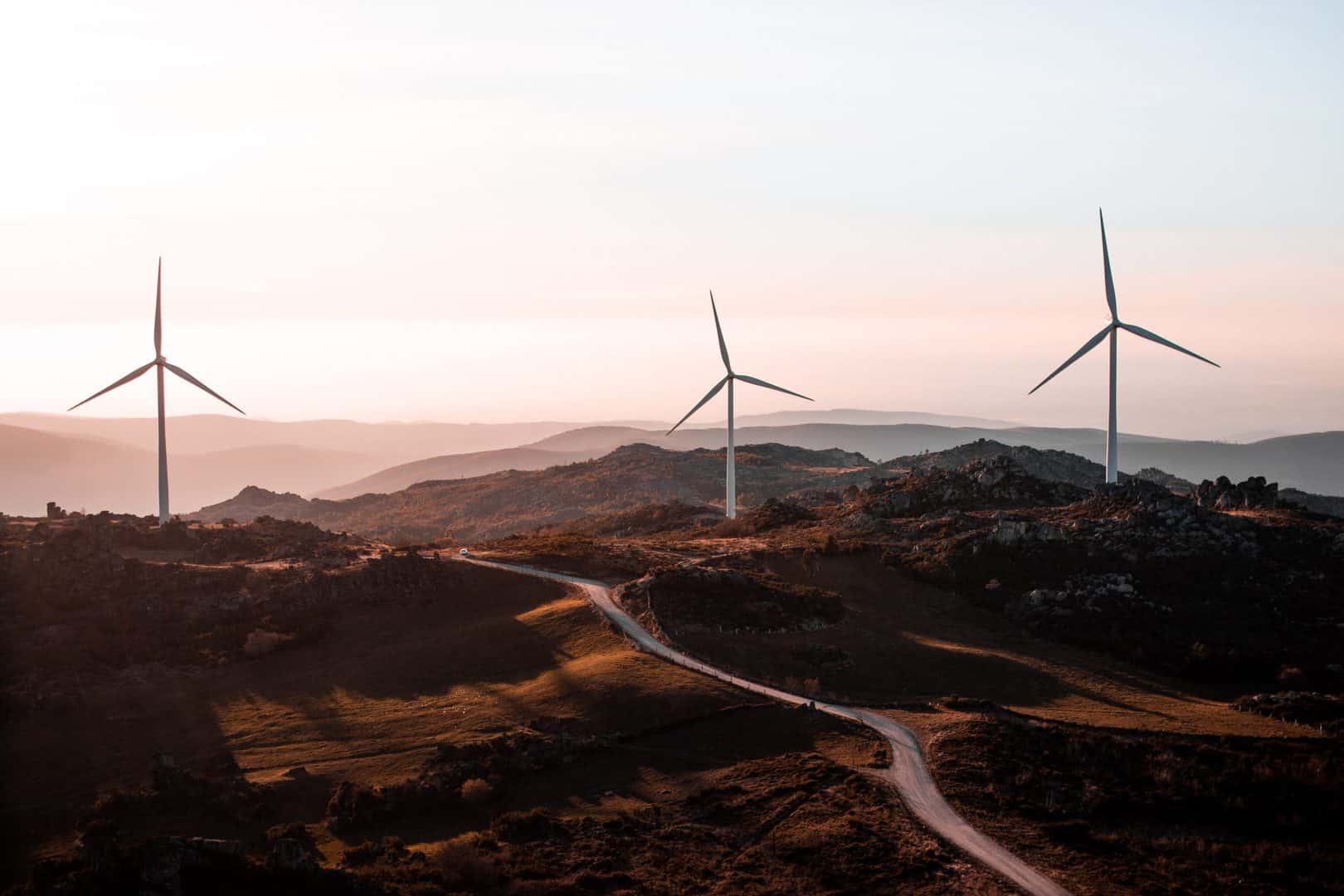We hear a lot about reducing our carbon footprints. What exactly does this mean?
carbon footprints explained
What is a carbon footprint? It’s a way to estimate the total amount of greenhouse gas emissions you generate. But, the key thing to know is that your footprint includes emissions you generate from both direct and indirect activities. A direct activity would be driving a car, since this actually emits carbon into the atmosphere.
An indirect activity might be riding a bike to work. Now riding a bike does not emit carbon, but it does generate indirect carbon emissions because the truck that delivered your bike to the store did.
Generally speaking, industrial segments like manufacturing and transportation will make the most overall impact globally on carbon emissions, but things that we all do as individuals can also make a difference.
what you eat
You can reduce your carbon footprint significantly by going vegetarian, or at least by trying to eat more plants than meat – especially beef. Raising cattle, in particular, expends a lot of carbon compared to growing vegetable crops. Cows release methane (a greenhouse gas) as they digest, and cutting down trees to create pastureland releases the carbon dioxide stored in forests.
For every 1 kg of food produced, beef generates roughly 70 kg of greenhouse gas emissions, vs. 10 kg of poultry and only 0.7 kg for vegetables!
reduce food waste
And, be sure to eat all your food, including leftovers. Food waste causes the release of methane into the atmosphere.
If you can, compost all your food scraps. The less food you toss out, the less that needs to be transported to the landfill.
how you shop
Shop locally if possible, at local farms or farmers markets. Because food is transported over much shorter distances, less carbon is emitted.
Urban hydroponic farms are becoming more popular as well, and provide you with super fresh produce locally. Again, minimal transport time means produce will be fresher when it gets to you.
Buy in bulk and go package- or plastic-free. Bring your own reusable grocery bags or glass jars to bulk food stores and load up. Minimize your use of single-use plastic bags and plastic packaging that will only be thrown out, and you can avoid contributing to plastic pollution.
Sources: Columbia Climate School; United Nations Climate Action; Life Without Plastic.

